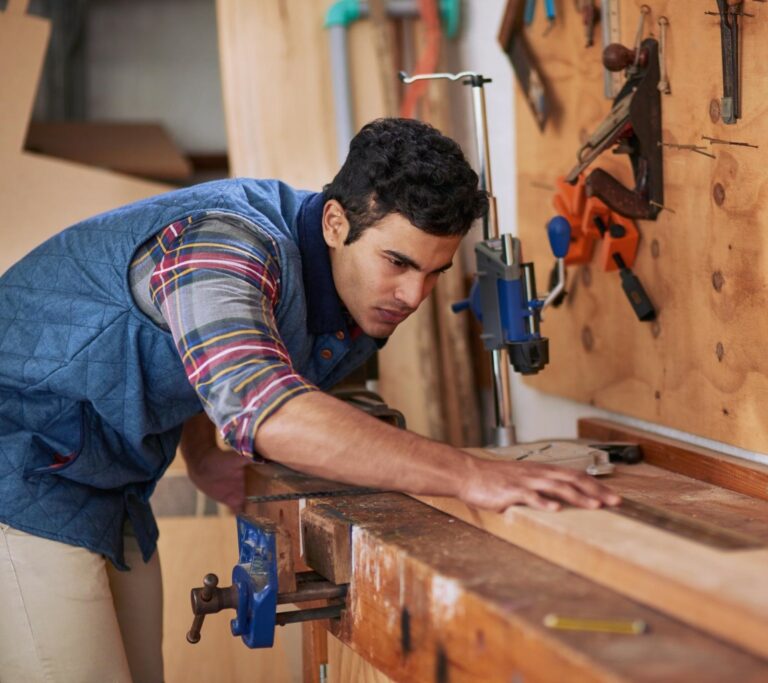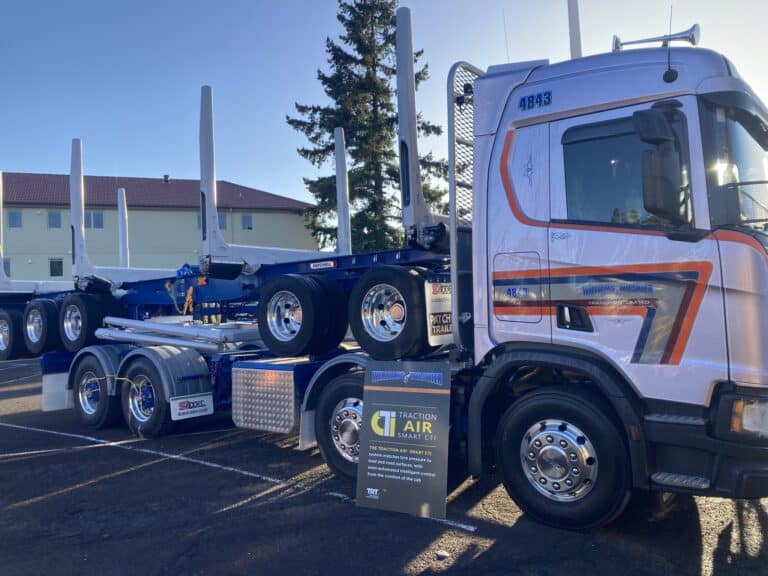Regardless of whether you are leaving school or abandoning the corporate world on the hunt for that ‘hands on’ career, deciding on a trade can be difficult. Each trade has unique perks and benefits, and there is a lot to consider before you begin training.
An important thing to realise before considering a trade to pursue is that every trade can provide you with a bright future, steady income and career progression opportunities. The majority of that will come down to your personal decisions. However, some factors might sway you in a certain direction – like job availability, work balance and average hourly rates.
Electrician
Daily Work Life
It’s almost impossible to lay out a ‘typical day’ for a sparkie. Although the main responsibilities are to install, repair and maintain electrics – noting any issues and implementing safety measures – no two days are the same. One week, you could be fitting lightbulbs in a retirement home, and the next, installing electrics on a boat.
Skills Required
There is a lot of knowledge and skill when it comes to becoming a good electrician, you will develop skills in:
- maths and physics
- reading wiring diagrams and floor plans
- Knowledge of electrical theory and laws
There is risk involved when working with and around electrics, so you will be required to have a thorough understanding of workplace health and safety and an attitude of vigilance and common sense.
Training and Career Opportunities
You will need to complete some training to become a qualified electrician. There are plenty of job opportunities, due to there being a high global demand for electricians. It is also possible for electricians to start an electrical business after a few years on the job.
- UK – You’ll complete a college course or apprenticeship.
- Australia – You’ll complete a four-year apprenticeship or traineeship.
- New Zealand – You’ll complete an apprenticeship.
Plumber
Daily Work Life
Plumbers are essential for everyday life to operate, they are the reason why we have water readily available for drinking, sanitation, and toilets that flush. A regular day for a plumber consists of being out and about, tending to plumbing matters in residential and commercial properties.
Common jobs include installing and repairing:
- General plumbing and water systems
- Toilets and sanitation facilities
- Gas stoves
- Hot water tanks
- Gas heaters
- Septic tanks
- Central heating and HVAC
Skills Needed
In order to be a good plumber, you’ll need the ability to interpret plans and instructions. Along with this, you’ll need an understanding of electrical systems, welding and soldering. Just like any other trade you need to have an up to date knowledge of health and safety risks in the workplace.
Although you won’t be tied to an office chair all day, you’ll also have to be prepared to work in all weather and work environments that could be less than pleasant.
Training and Career Opportunities
Just like electricians, there is a global demand for plumbers, there are not enough people training to become a plumber to fill the roles available. Therefore, there will be a plethora of jobs to choose from.
- UK – You’ll need to go to college.
- Australia – Find an apprenticeship near you, reach out to Australian Apprenticeships or the Group Training Organisation.
- New Zealand – You’ll need to complete an apprenticeship for a New Zealand Certificate (Level 4) in Plumbing and register with the Plumbers, Gasfitters and Drainlayers Board.
HVAC Technician
An HVAC technician is an expert in heating technology, refrigeration, and air conditioning systems. They are required to install, test, balance and adjust a range of refrigeration and air conditioning systems. Daily duties and work locations may vary as somedays you could be working in private homes, others could be in schools, office buildings, or hospitals.
Skills Needed
A good HVAC technician needs to be mathematically inclined and well-versed in the latest heating technologies so that they stay relevant and keep their knowledge up to date. On top of this, you will be expected to have at least a basic understanding of chemistry, physics and mechanical and electrical systems.
In order to be successful you would need to be physically fit and capable of a range of jobs, have customer service skills and like the other trades, a good grasp of health and safety practices.
Training and Career Opportunities
No matter where you live, you will be required to complete a qualification to become an HVAC technician.
- UK – You’ll need to complete a college course or an apprenticeship.
- Australia – You’ll need to do an apprenticeship. You’ll also need a Refrigerant Handling License.
- New Zealand – you need to do an apprenticeship and complete a Certificate in Refrigeration and Air Conditioning.
Carpenter or Builder
Daily Work Life
Carpenters and builders work on residential and commercial jobs to erect buildings and install or repair interior fittings like doors, windows, roofs, walls and stairs. A good carpenter is expected to be capable of studying building plans and architectural drawings, then selecting, measuring and cutting the materials needed for the installation.
Skills Needed
Being a builder requires basic maths and measurement skills as well as an impeccable eye for detail. A typical day involves lifting heavy objects, so carpenters also need to be physically fit and strong.
Just like all the trades, a builder will need discipline, strong work ethics, good customer service skills and a thorough understanding of how to keep themselves safe in the workplace.
Training and Career Opportunities
With homes in the United Kingdom being restored and thousands of new homes being constructed in New Zealand, there are plenty of job opportunities across the globe.
- UK – It’s possible to land a job without any qualification, although getting an apprenticeship will give you a head start.
- Australia – You’ll need to complete an apprenticeship to become qualified.
- New Zealand – It’s possible to get a carpentry job without a qualification in New Zealand, but a New Zealand Certificate in Carpentry will make you much more likely to secure a job.
Take your pick
There are plenty of trades with different career pathways. Do your research, consult a careers advisor and decide which trade interests you and is best suited for you. Now is a better time than ever to get into the trades sector with job opportunities high in all sectors, and the potential for career development.
Get your business noticed by creating an online directory listing. Listings are FREE and you can create as many as you need.
- Get found by locals



